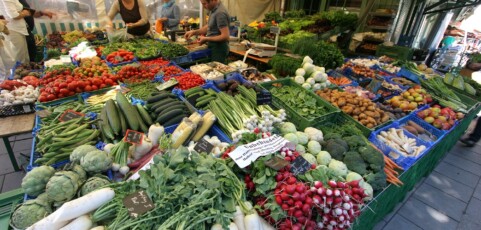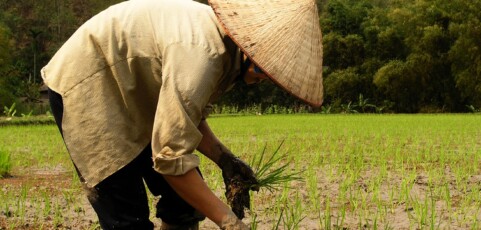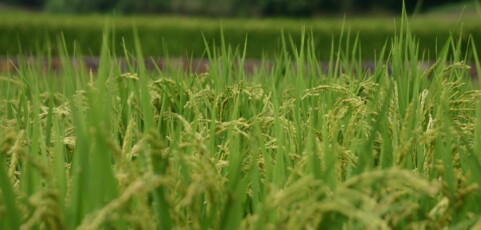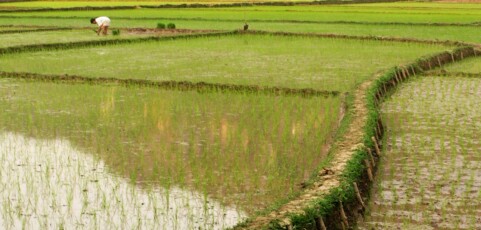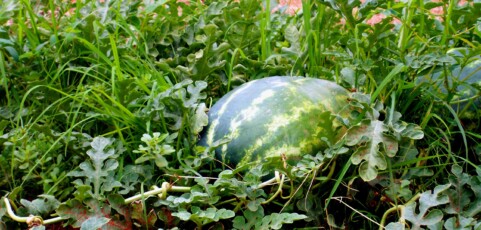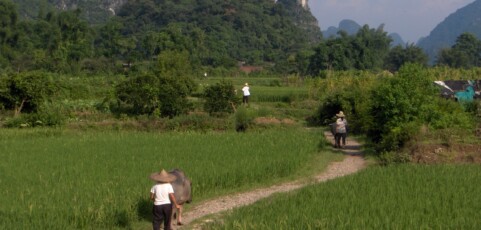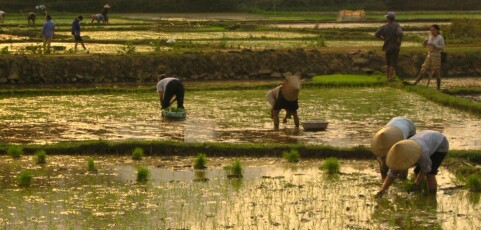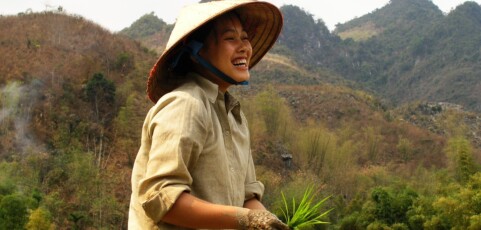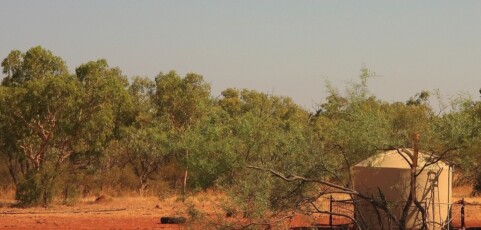Ex-combatants and returned refugees formulate ecologically sustainable agricultural development plans in post-war El Salvador.
Planning an Urban Market Garden in Toronto, Canada
This case study outlines the plan for a 0.5 acre garden in downtown Toronto. This market garden was part of Field-To-Table’s Urban Agriculture initiative and will complement ongoing rooftop and sprout growing. The Urban Agriculture Initiative sells vegetables and sprouts to the Field-to-Table Good Food Box, an alternative distribution mechanism available to all Torontonians.
Rice Transplanting in the Tai Lake Region of China
Farmers transplant paddy rice to increase the growing period for winter crops and reduce irrigation.
Using Human Manure (“nightsoil”) in the Tai Lake Region of China
Read More“Oufei” Wet composting in the Thai Lake Region of China
Traditional farmers make an anaerobic compost called “oufei” using canal sediments, legume green manures, crop residues and animal manures as a fertilizer for rice.
Watermelon Cover Cropping with Wheat and Barley in Niigata, Japan
Wheat and barley were introduced into watermelon production systems to control weeds and save labor in Japan.
Farmers’ Varieties and Agricultural Sustainability in Kaski, Nepal
Single households in Kaski, Nepal often maintain as many as 20 farmers’ varieties (landraces) of a single crop. This study demonstrates methods for documenting the cultural, medicinal value and use values of farmers’ varieties.
Role of Green Manure Crops in Lowland Rice Based Farming System of Northern Thailand
Read MorePreserving and Increasing Agriculture Biodiversity: In-situ Conservation of Upland Rice in Krong No, Daklak, Viet Nam
The people of Krong No, Daklak, Viet Nam are Mountain ethnic groups, whose livelihood is based on shifting cultivation. They have very diverse crop systems that include upland rice. The research focus is species conservation and improving diversity in order to preserve agricultural biodiversity on the farm and alleviate hunger and poverty.
Revolving Funds for Building Water Tanks in Northeastern Brazil
Revolving Funds represent an effective means to enable peasants families to build their own water tanks to collect rainwater from rooftops and store it during the dry season.


